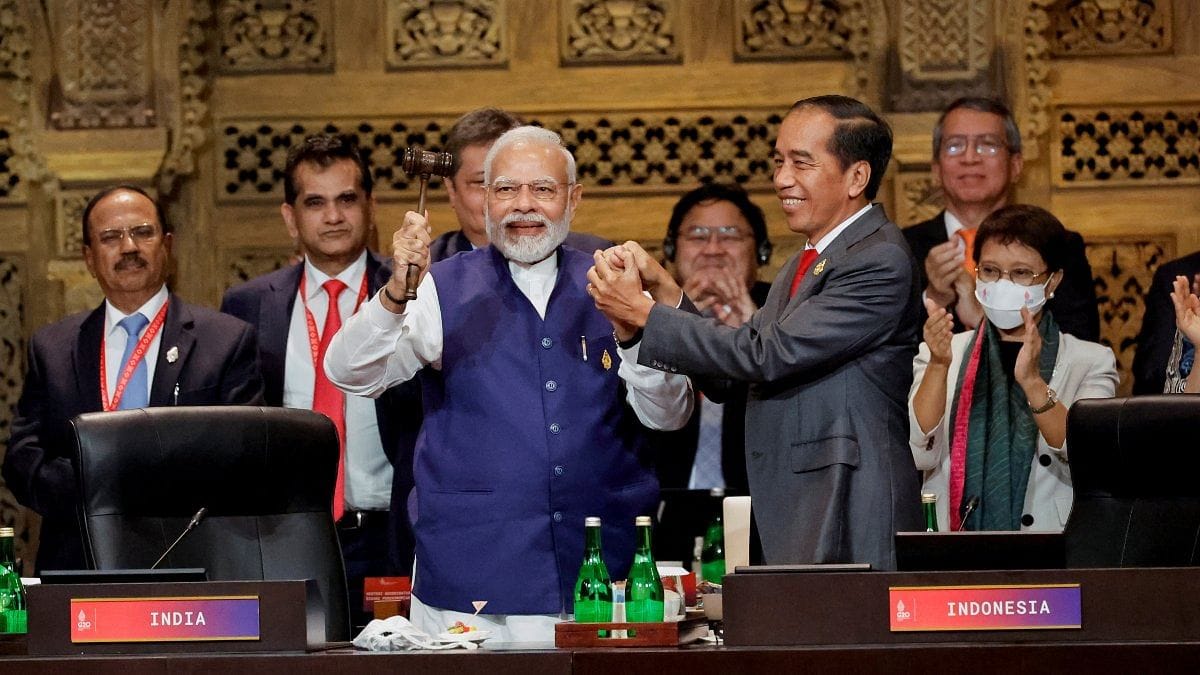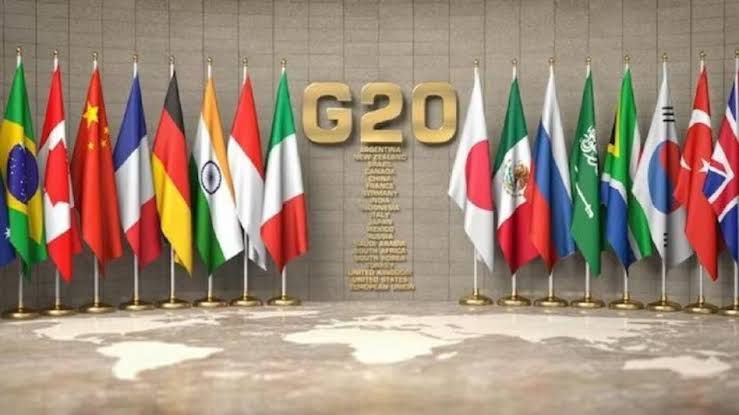Introduction:
In an increasingly interconnected and interdependent world, international cooperation has become paramount to addressing complex global challenges. One of the most prominent platforms for fostering dialogue and collaboration among the world's major economies is the Group of Twenty, or G20. Established in 1999, the G20 has evolved into a pivotal forum for addressing pressing economic, political, and social issues that transcend national boundaries.
Origins and Evolution:
The G20 traces its origins back to the financial crises of the late 1990s, when finance ministers and central bank governors from 19 major economies and the European Union came together to discuss ways to stabilize the global economy. Over time, the G20 expanded its scope beyond financial matters to encompass a broader range of topics, including trade, development, climate change, and global health.
Membership and Representation:
The G20 comprises a diverse group of countries representing a mix of advanced economies, emerging markets, and developing nations. The member countries include Argentina, Australia, Brazil, Canada, China, France, Germany, India, Indonesia, Italy, Japan, Mexico, Russia, Saudi Arabia, South Africa, South Korea, Turkey, the United Kingdom, and the United States, along with the European Union. Additionally, the G20 often invites guest countries and international organizations to participate in its meetings.
Key Areas of Focus:
The G20's agenda covers a wide array of topics that reflect the complexities of the modern world. Some of the key areas of focus include:
1. Economic Cooperation: The G20 plays a crucial role in coordinating economic policies, promoting financial stability, and addressing issues like trade imbalances, currency fluctuations, and economic reforms. The annual meetings of finance ministers and central bank governors lay the groundwork for the G20 Summits.
2. Global Health: The COVID-19 pandemic highlighted the need for international collaboration in health crises. The G20 has been instrumental in facilitating discussions on vaccine distribution, healthcare infrastructure, and pandemic preparedness.
3. Sustainable Development: Members of the G20 are committed to achieving the United Nations' Sustainable Development Goals (SDGs). They discuss strategies to address poverty, inequality, education, and other development challenges.
4. Climate Change: As a platform representing major emitters of greenhouse gases, the G20 has become a focal point for negotiations and cooperation on climate change mitigation and adaptation efforts.
5. Digitalization and Innovation: The G20 addresses the opportunities and challenges posed by digital technologies, including discussions on cybersecurity, data privacy, and the impact of artificial intelligence on economies and societies.
The Role of G20 Summits:
The annual G20 Summits bring together heads of state and government to engage in high-level discussions on the most pressing global issues. These summits provide a platform for leaders to exchange ideas, build consensus, and establish policies that have far-reaching implications. The G20 presidency rotates among member countries, with each presidency lasting for one year.
G-20 Summit 2023:

The 18th Heads of State and Government Summit of the Group of 20 (G20) will take place in September 2023 in New Delhi, India. Under the Indian Presidency, the G20 in 2023 will focus on the theme, ‘One Earth, One Family, One Future’. The theme affirms the value of human, animal, plant, and microorganisms and their interconnectedness on planet Earth and in the wider universe.
The Leaders’ Summit is the climax of the G20 process and the work carried out over the year through Ministerial Meetings, Working Groups, and Engagement Groups.
The Indian Presidency will also spotlight Lifestyle for Environment (LiFE), with an emphasis on environmentally sustainable and responsible choices at both the individual lifestyle and the national development level, with the aim of achieving a cleaner, greener, and bluer future. The Working Groups will focus on the following tracks: agriculture, anti-corruption, culture, digital economy, disaster risk reduction, development, education, employment, environment and climate sustainability, energy transitions, health, trade and investment, and tourism.
The G20 is expected to adopt a Leaders’ Declaration at the conclusion of the Summit that states Leaders’ commitment towards the priorities discussed and agreed upon during the Ministerial and Working Group Meetings.
Challenges and Achievements:
While the G20 has achieved notable successes, it also faces challenges such as differing national interests, geopolitical tensions, and ensuring that decisions made within the forum are effectively implemented at the national level. Despite these challenges, the G20 has facilitated cooperation in times of crisis and has contributed to shaping international policy responses.
Conclusion:
As the G20 continues to evolve, it remains a vital forum for addressing the intricate web of global challenges that transcend borders. From economic stability to climate action, health crises to digitalization, the G20's contributions to diplomacy and cooperation underscore its significance in navigating the complexities of the modern world. Through dialogue and collaborative efforts, the G20 strives to shape a more interconnected, equitable, and sustainable future for all.


